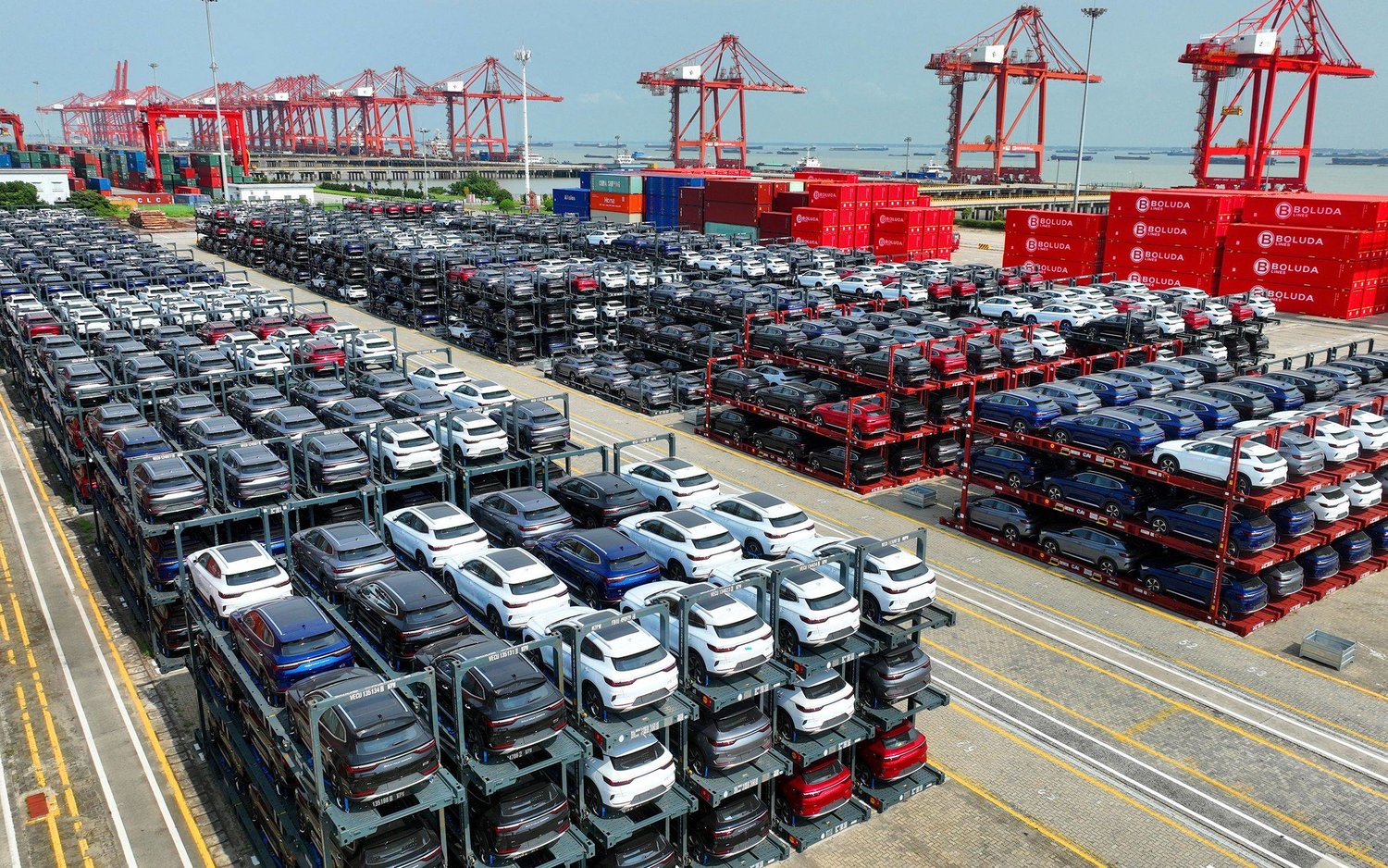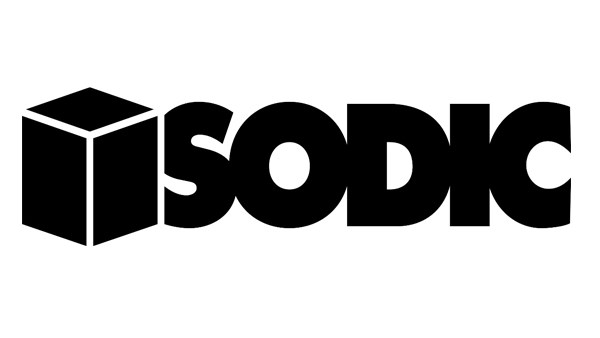
Trade disruptions may mean larger deviations of inflation from the 2% target
Bank of Canada Says Global Trade Shifts May Drive Up Prices

Bank of Canada Governor Tiff Macklem said shifting trends in global trade are likely to create more supply shocks in the future، potentially driving up prices and adding volatility to inflation.
Global trade is being “rewired” by shifting international economics as China moves away from being the lowest-cost supplier of consumer goods، Macklem said in a speech to the Canada-UK Chamber of Commerce in London on Tuesday. That’s pushed production elsewhere، complicating traditional trade flows.
“Trade disruptions may mean larger deviations of inflation from the 2% target،” Macklem said، adding that supply shocks present a particular problem for monetary policy، which “can’t stabilize growth and inflation at the same time.”
Export restrictions
Macklem said Canada needs to position itself as a stable and reliable alternative، as trade policy is recast to encompass national and economic security، and trade flows are being redirected by important and export restrictions، tariffs and conflicts.
In the speech، Macklem didn’t comment on the near-term path for monetary policy or the central bank’s decision to cut interest rates for a third consecutive meeting last week. Instead، the governor focused on the challenges and opportunities presented by slowing globalization.
The comments come after the Canadian government’s decision to impose tariffs on Chinese-made electric vehicles، aluminum and steel، following in the footsteps of the US and EU. Macklem said trade restrictions and industrial policy have increased around the world since about 2018، however.
“Security risks are real and need to be addressed، but it is important they not become a pretext for inefficient protectionism،” he said.
The countries that produce manufactured goods are changing، the governor said، and geopolitical tensions are causing frictions while public support for globalization is waning. Canada’s export growth is slowing despite advanced countries consuming more، but service exports from Canada are rising.
“Canada’s trade partners are looking for new suppliers to replace goods from China and other regions.”





-1120252475029447.jpg)















